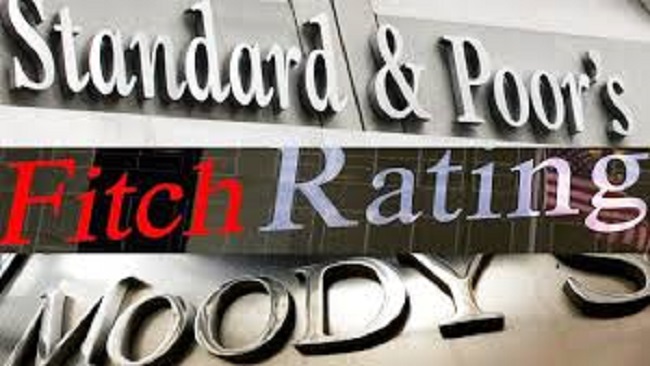Fitch Ratings: IMF Supports Gabon, Cameroon as Adjustment Remains Uneven
The successful completion of the second IMF programme reviews of Gabon (B/Negative) and Cameroon (B/Stable) will ease liquidity constraints, but fiscal adjustment remains uneven and programme implementation risks are high, Fitch Ratings says.
The IMF completed its second review for Cameroon on 6 July and for Gabon on 1 August and approved disbursements of USD77.8 million and USD100.2 million respectively. This will ease liquidity constraints and help meet 2018 financing needs. Both countries are members of the six-country Central African Economic and Monetary Community (CEMAC), which has been seeking to strengthen its external buffers in response to the 2014 oil price shock.
Programme implementation has, however, been uneven. Weak growth, weak public finance management and recurrent fiscal slippages, stemming partly from strikes in the public sector, have hampered fiscal consolidation in Gabon. External arrears to bilateral and multilateral creditors have been cleared, but arrears to external commercial creditors are still outstanding, and domestic arrears weigh on the economy and the banking sector. Cameroon missed its consolidation target in 2017, due to higher-than-expected spending and despite better performance of non-oil revenues.
The authorities in both countries have demonstrated their commitment to keeping the programmes on track. Gabon’s government has taken steps to reduce the wage bill and improve fiscal transparency and cash management. It has also adopted a supplementary budget that incorporates an automatic adjustment mechanism to contain public expenditure if revenues underperform. Cameroon has also adopted corrective measures and revised its fiscal targets and budget for 2018.
Fiscal receipts will also be boosted by recovering economic growth, forecast at 2.0% in 2018 for Gabon and 3.9% for Cameroon, and by higher oil prices. As a result of higher oil price forecasts in our June Global Economic Outlook (USD70/barrel for 2018 and USD65/barrel in 2019), we expect Gabon’s fiscal deficit (on a cash basis) to narrow by 2pp in 2018 to 1.4% of GDP, while we forecast Cameroon’s fiscal deficit to narrow by 0.9pp to 3.0% of GDP.
But implementation risks are high and compliance with IMF performance criteria remains challenging. Strikes highlight continuing social tensions in Gabon, where legislative elections are set to take place in 2H18, which could entail further fiscal slippage. Cameroon has implemented structural reforms in line with IMF performance criteria, but security issues, 2018’s heavy electoral schedule, and the financing of the 2019 African Cup of Nations are putting acute pressures on spending.
The authorities in the Republic of Congo (CC), another CEMAC member, expected an agreement on an IMF programme in July, but no approval has come so far.
A new oil price decline or further subdued growth would dampen fiscal receipts and hinder consolidation in the bloc. Our ratings assessments for Gabon and Cameroon incorporate both the role of the IMF in easing liquidity constraints and the risks of non-compliance.
Source: Fitch Ratings





